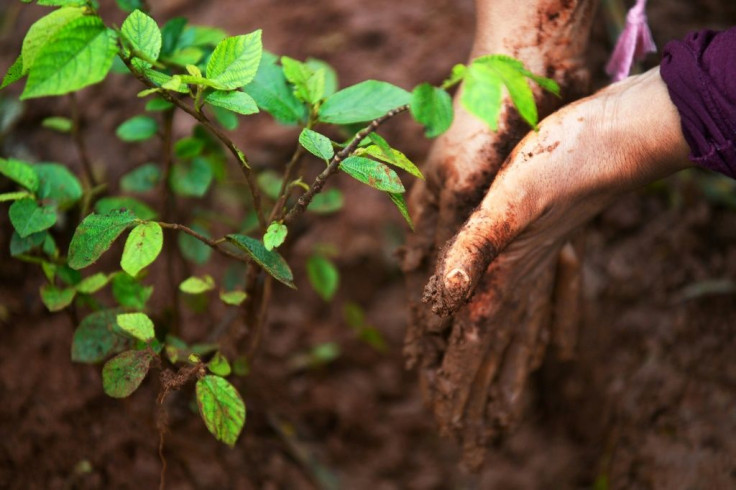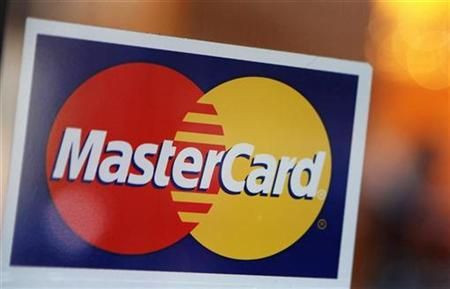Fintech Startup Bunq Offers The Best Credit Card 'Cashback'

Bunq, a Dutch mobile bank, is taking on a particularly "greener" mission in issuing a unique kind of cashback with its new credit card called the Green Card.
Although not literally green in color, the bank does pursue an initiative that most environmentalists wouldn't be opposed to -- plant lots of trees. Bunq has partnered with Eden Reforestation Projects to take on the tree-planting cause with a new tree for every €100 ($110) spent on the card, TechCrunch reports.
The fintech startup blends the advanced features of their product like instant push notifications for each transaction on the card, spending insights with bunq insights, and banking features like free global atm withdrawals, and standard exchange rates with no markup with their greener world mission.
The environmental impact in making plastic credit and debit cards should not be taken lightly. The energy required to produce a single card outweighs the actual weight of the plastic 4:1. Also, the carbon dioxide (C02) that is emitted from manufacturing credit cards is the primary agent of global warming.
As a way to circumvent using PVC (polyvinyl chloride) plastic in making credit cards, Mastercard had partnered with Gemalto, Giescke+Devrient, and IDEMIA -- all card manufacturers -- since last year.
"It's no secret that we all need to change the way we live and consume to reduce the impact we're having on our planet," Pierre Barrial, executive vice president for financial institutions activities at IDEMIA, said in the Oct. 19 news release.
"For IDEMIA, it's essential as an industrial leader to effect change for the better and play our part to reduce, for instance, our reliance on plastic," he added.
For Bunq, they use a metal Mastercard that they say lasts 50 percent longer than a regular plastic card. However, the metal card may not be exactly environmentally friendly either. As card issuer and payment gateway solutions Valitor points out, "extracting metals is environmentally damaging and energy-intensive."
"Metal has to be mined, smelted, transported to the mint, then hauled around in super-sized trucks," which is why Bunq sets an expiration of six years instead of four.
The Green Card costs €99 ($109) a year.

© Copyright IBTimes 2024. All rights reserved.




















